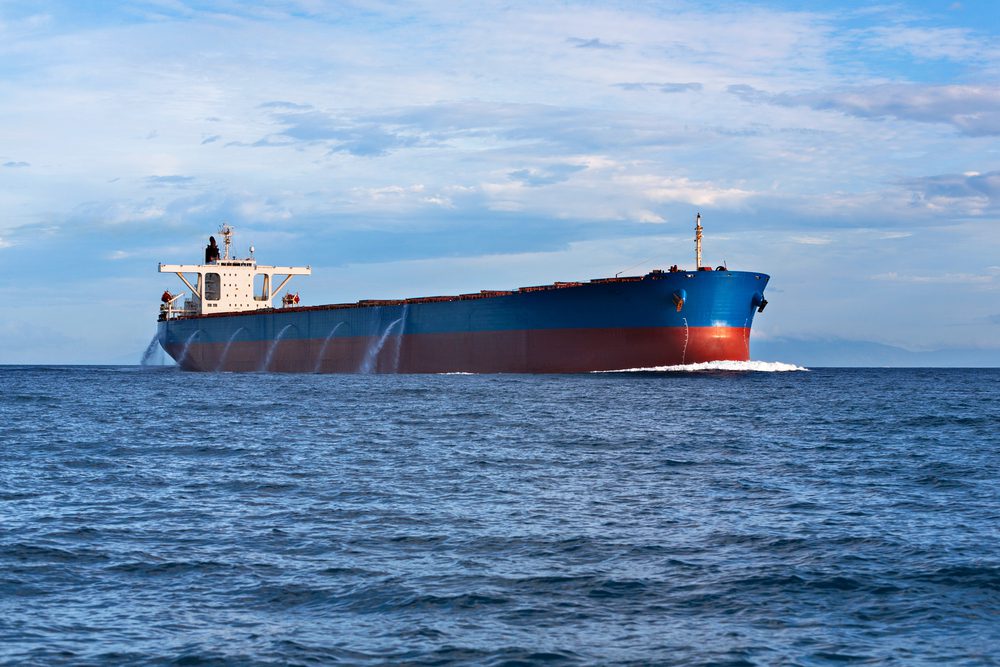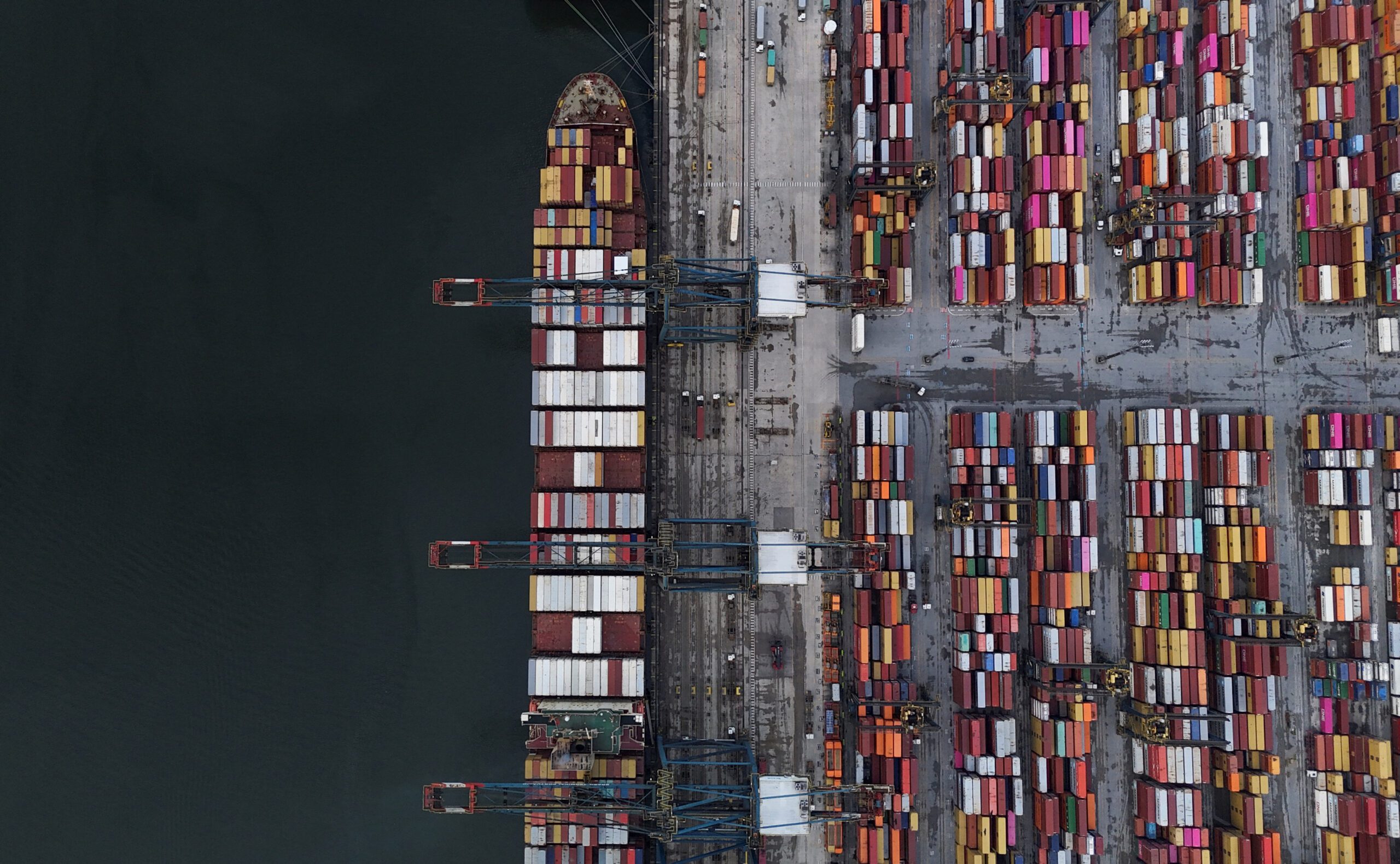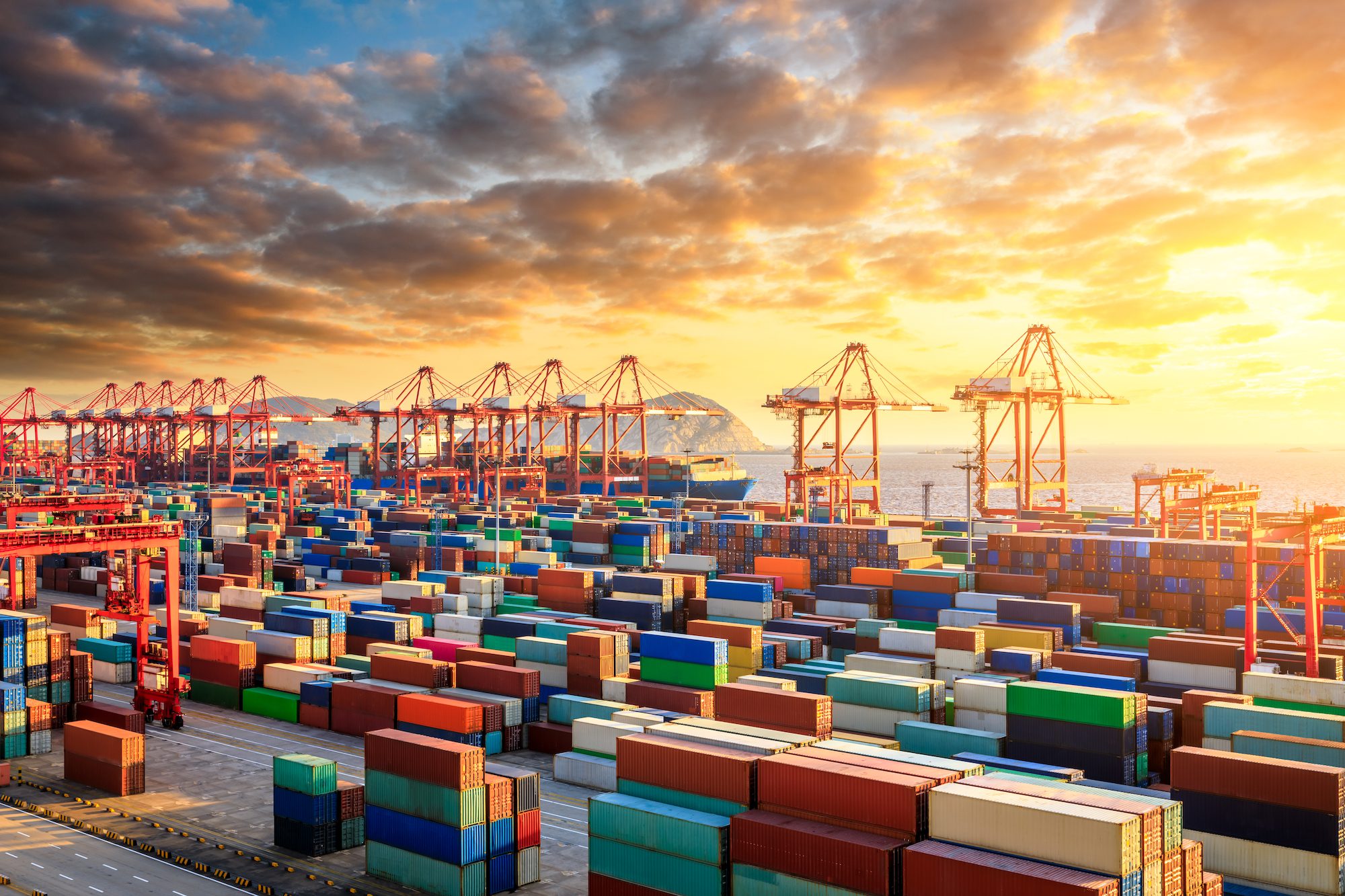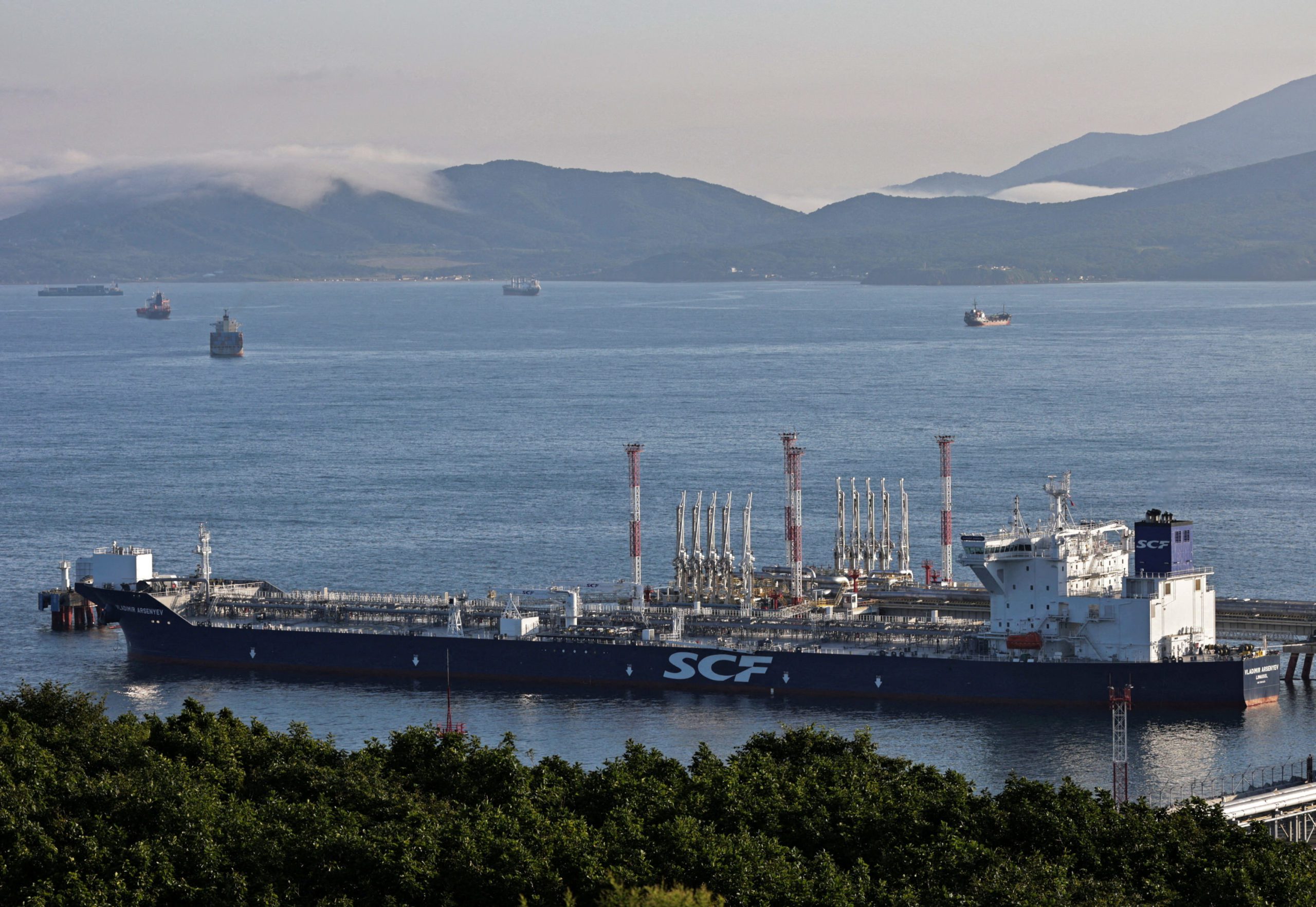Update (Jan 14) – The Baltic Dry Index fell for a seventh straight day Thursday, down 11 points, or 2.79 percent, at 383 points. The capesize, panamax and handysize indices also touched record lows.
 By Jonathan Saul
By Jonathan Saul
LONDON, Jan 13 (Reuters) – The Baltic Exchange’s main sea freight index, tracking rates for ships carrying industrial commodities, slumped to an all-time low on Wednesday as gloom over global demand and too many ships for hire continued to batter prospects.
The overall index, which gauges the cost of shipping dry bulk cargoes including iron ore, cement, grain, coal and fertiliser, was down 8 points, or 1.99 percent, at 394 points – below 400 points for the first time – and the lowest level in records that date back to January 1985.
“Dry bulk shipping is in the throws of a generational recession,” said Ben Nolan of brokerage and investment bank Stifel. “The recovery in demand no longer appears to be a 2016 event and even 2017 is in question.”
Financial markets have been in turmoil since the start of the year due to worries over the health of the world economy, China’s finances and the fallout from low oil prices.
The dry bulk sector has been particularly hurt by slower Chinese business at a time when the sector is struggling with huge overcapacity.
“More gloom is forecast for the bulker market over the short-term. Concerns over the state of China’s economy are key,” consultants MSI said, adding the sector was in a “critical state”.
Analysts have downgraded several dry bulk companies in recent days leading some to see record falls in their share prices. Industry players say only the strongest firms will withstand the pressure, with casualties expected.
“Dry bulk companies had taken huge debt to finance vessel acquisitions with some hope for revival in the sector. However, this has backfired as shipowners are unable to meet even their operating expenses at the prevailing freight rates, forget about servicing debt,” consultants Drewry said.
The dry bulk shipping downturn began in 2008, after the onset of the financial crisis, and has worsened significantly in recent months as the Chinese economy has slowed, meaning less appetite for iron ore and coal.
The capesize index, shed 21 points, or 7.89 percent, to 245 points on Wednesday. Average daily earnings for capesizes dropped $160 to a record low of $3,101.
Capesizes typically transport 150,000-tonne cargoes such as iron ore and coal and have been particularly affected by a fall-off in coal demand from China. (Editing by Mark Potter)
(c) Copyright Thomson Reuters 2016.

 Join The Club
Join The Club











